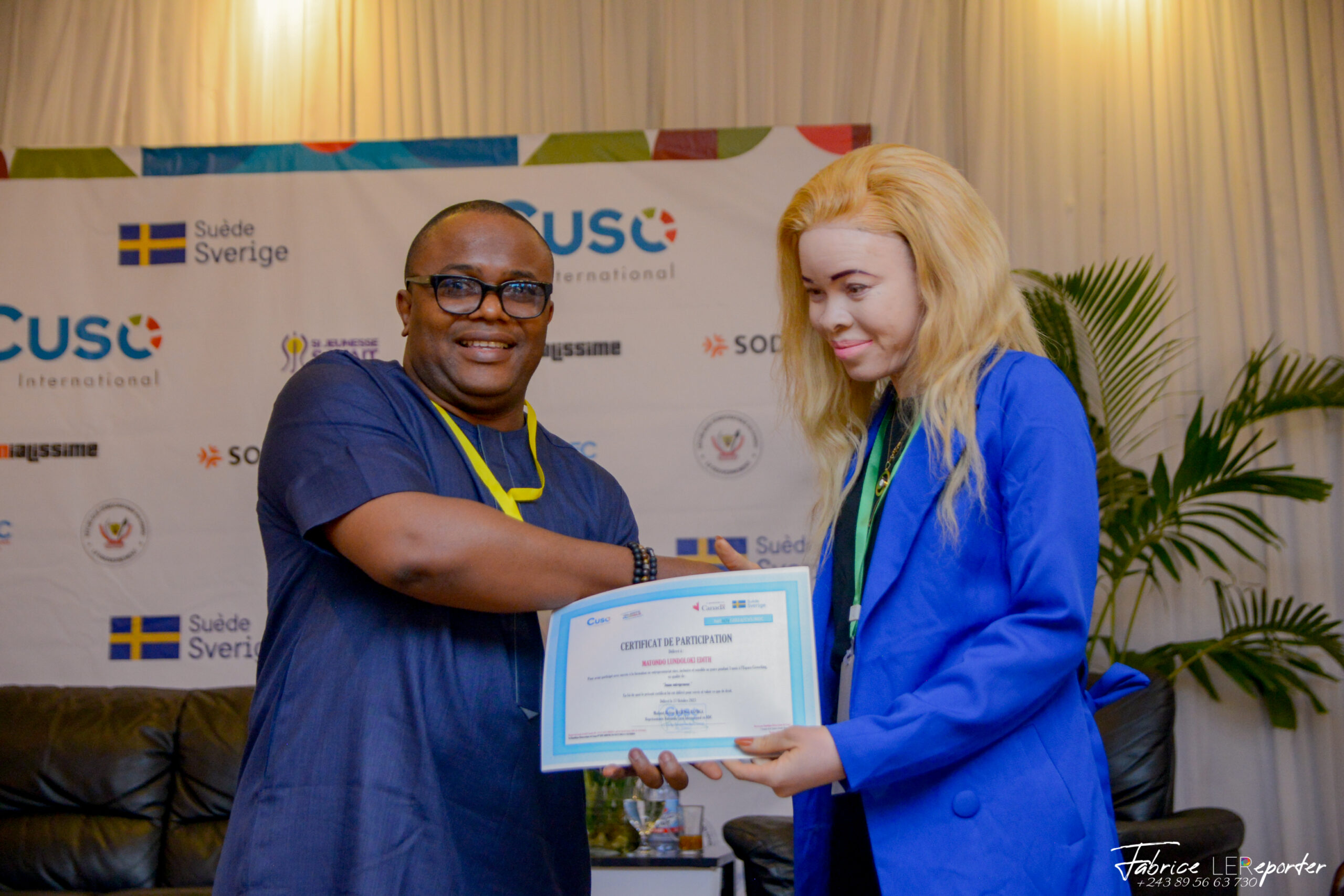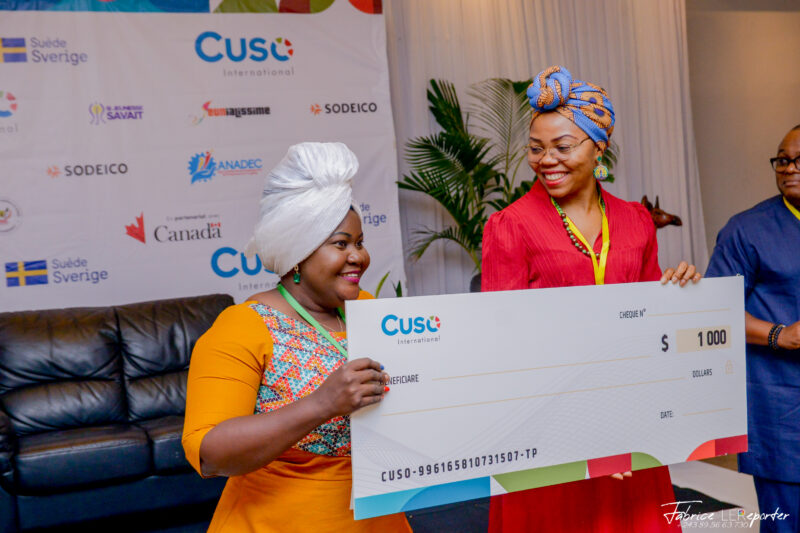DRC: Talents Pluriels Project empowers women entrepreneurs
Story

Edith Matondo and Lysette Kavira grew up in the Democratic Republic of Congo where women did not have access to the same opportunities as men.
Lysette, who was born in Kisangani, believes the difficulties faced by women in other parts of DRC include equal access to positions and opportunities.
“In some parts of the DRC, the role of girls is to stay at home and look after the children, while boys and men have the privilege of going to school and getting an education,” she said.
Edith went to a state-run Catholic school where her integration as an albino was easy, thanks to the help of her female teachers. But she still finds the relations between women and girls to be strained.
“The woman’s role is to cook and look after the children. As a profession, she is limited to sewing and beauty care and it’s always difficult for a mother to talk to her daughter about the basics of life” she said.
DRC has a lot of young people, but despite its potential for entrepreneurship, the country struggles with unemployment.

Lysette and Edith sought avenues for personal growth and professional development. They found an opportunity through Cuso International’s Talents Pluriels program, designed to create inclusive jobs and entrepreneurship skills for vulnerable youth in the cities of Bukavu, Kinshasa, and Lubumbashi.
Working alongside local partners Jeunialissime, Si Jeunesse Savait, and SODEICO, the project provides training to marginalized youth, including women, LGBTQ+ individuals, and those living with albinism. The objective is to encourage gender-sensitive business practices and to help participants in their search for employment.
The program helped Lysette take her passion seriously and be more organized when it comes to people she works with.
“I learned things I didn’t know before, especially in terms of tax obligations, I learned my duties towards my country. Without this program, many would not have asserted themselves as entrepreneurs, and many would not have become legalized and would remain stuck with their ambitions,” she said.
Edith matured as an entrepreneur through the program and has a different vision of entrepreneurship than she had before the training.
“Today, my community can count on me for ideas on how to write a business plan, for example, thanks to the training I’ve taken,” she said.
In the future Edith would love to see women have the opportunity to study and start their own businesses.
“Let the woman herself take charge of her own life, before depending on anyone else,” Lysette said.